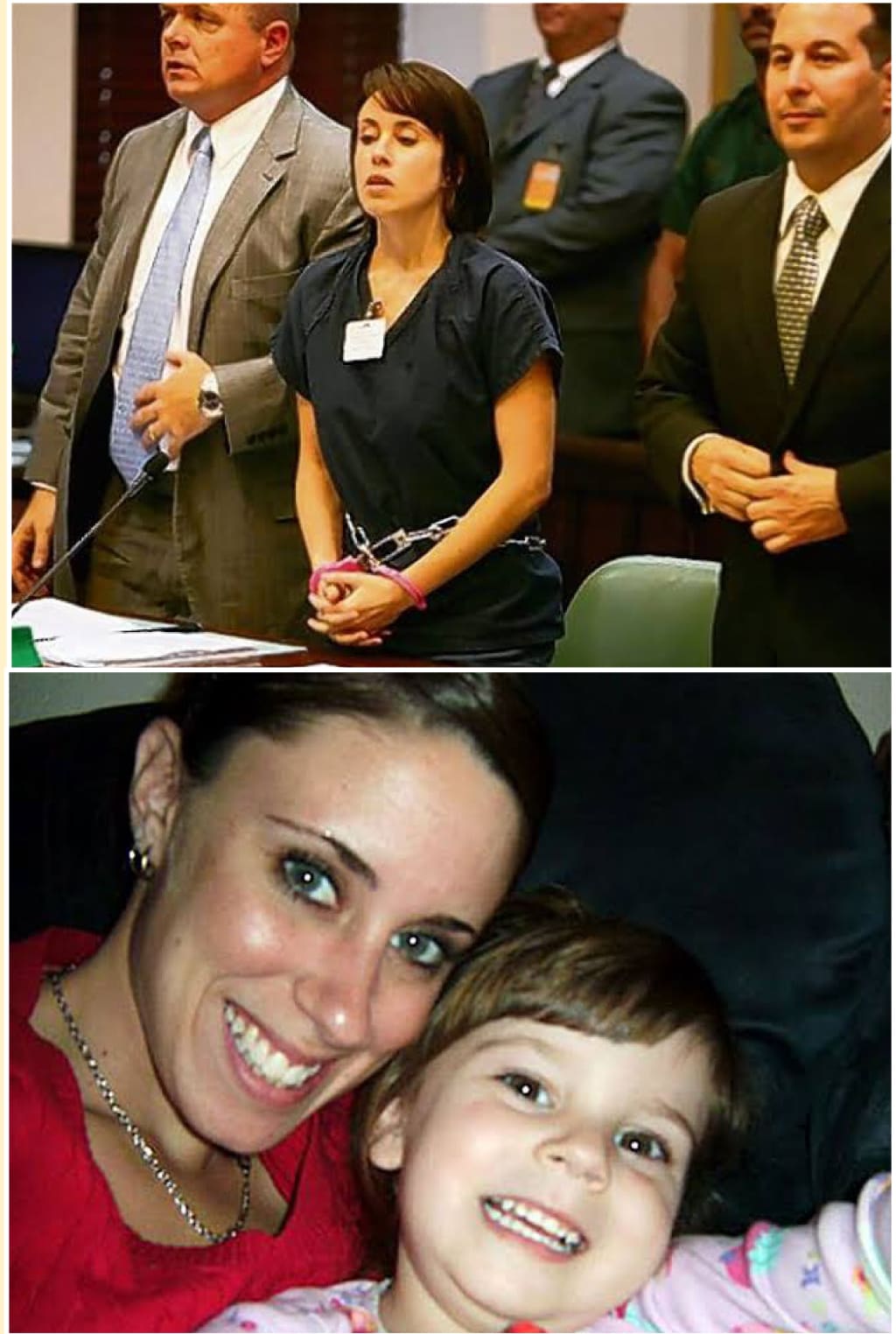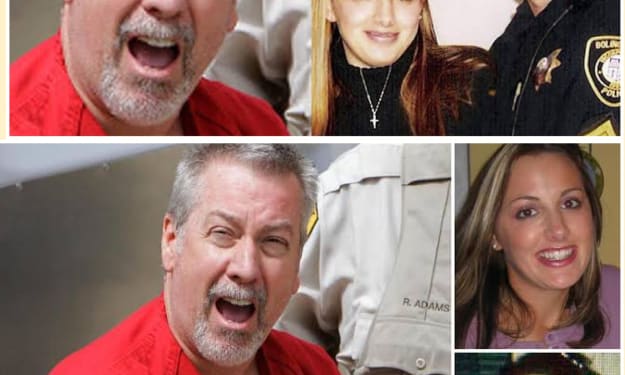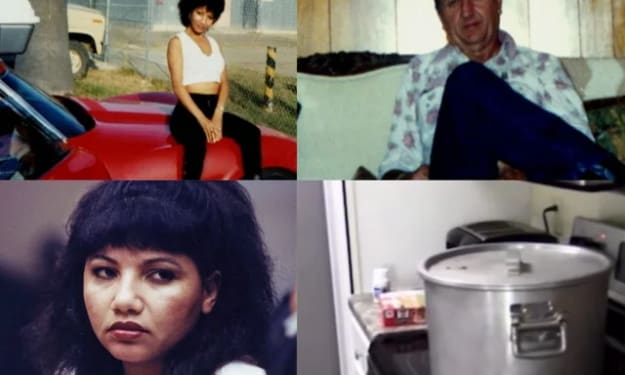Casey Anthony's Tragic Case
Casey Anthony, the United States, 2008: Acquitted of killing her two-year-old daughter, Caylee Anthony, in Florida.

Casey Anthony's trial in the United States in 2008 was a highly publicized and controversial case that captured the nation's attention. The central figure in the case was Casey Anthony, a young woman from Florida who was accused of killing her two-year-old daughter, Caylee Anthony. The trial and its subsequent verdict would go on to spark intense debates about the criminal justice system, media sensationalism, and the presumption of innocence.
The story began in June 2008 when Casey Anthony reported her daughter Caylee missing to the authorities. However, suspicions arose when Casey's behavior seemed inconsistent with that of a worried mother. As law enforcement dug deeper into the case, they discovered inconsistencies in her statements and actions. After weeks of investigation, Caylee's remains were found in a wooded area near the Anthony family home in December 2008.
Casey Anthony was arrested and charged with first-degree murder, aggravated child abuse, and aggravated manslaughter of a child. The prosecution alleged that she intentionally killed her daughter and tried to cover up the crime by lying to the police and fabricating a story about Caylee's disappearance.
The trial began in May 2011 and quickly became a media sensation. It was broadcasted live on television, drawing massive public attention and speculation. The prosecution presented a circumstantial case, relying on forensic evidence, witness testimonies, and Casey's inconsistent statements to build their case against her. The defense, on the other hand, argued that Caylee's death was a tragic accident and that Casey's actions were driven by fear and panic rather than a premeditated murder.
The trial lasted for several weeks, during which the prosecution and defense clashed vigorously. The defense team raised doubts about the reliability of the forensic evidence and attempted to portray Casey as a victim of an overzealous investigation and a dysfunctional family environment. The prosecution, on the other hand, portrayed Casey as a callous and deceitful individual who cared more about her social life than her own daughter's well-being.
In July 2011, the jury deliberated on the charges against Casey Anthony. The nation held its breath as the verdict was read. To the surprise and shock of many, Casey Anthony was acquitted of the most serious charges, including first-degree murder. She was, however, found guilty of four counts of providing false information to law enforcement, which resulted in a relatively short sentence.
The verdict sparked intense reactions across the country. Many people were outraged and believed that justice had not been served for Caylee Anthony. The case also raised questions about the role of the media in shaping public opinion and influencing the outcome of trials.
In the aftermath of the trial, Casey Anthony faced public backlash and was vilified by many. She remained largely out of the public eye, and her whereabouts and activities were closely guarded.
The Casey Anthony trial remains a polarizing and haunting chapter in American legal history. It serves as a reminder of the complexities and challenges of the criminal justice system and the impact of media sensationalism on high-profile cases. Despite the verdict, the memory of Caylee Anthony and the circumstances surrounding her death continue to evoke strong emotions and debates about the nature of justice in the United States.
About the Creator
Enjoyed the story? Support the Creator.
Subscribe for free to receive all their stories in your feed. You could also pledge your support or give them a one-off tip, letting them know you appreciate their work.





Comments
There are no comments for this story
Be the first to respond and start the conversation.